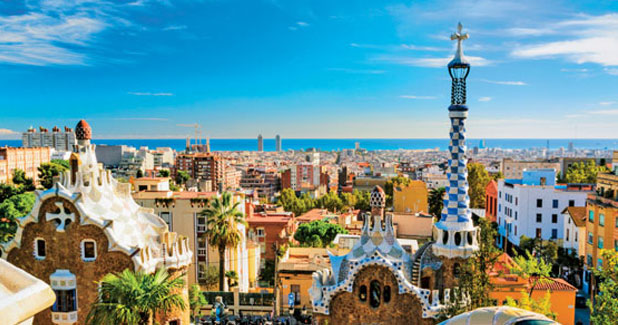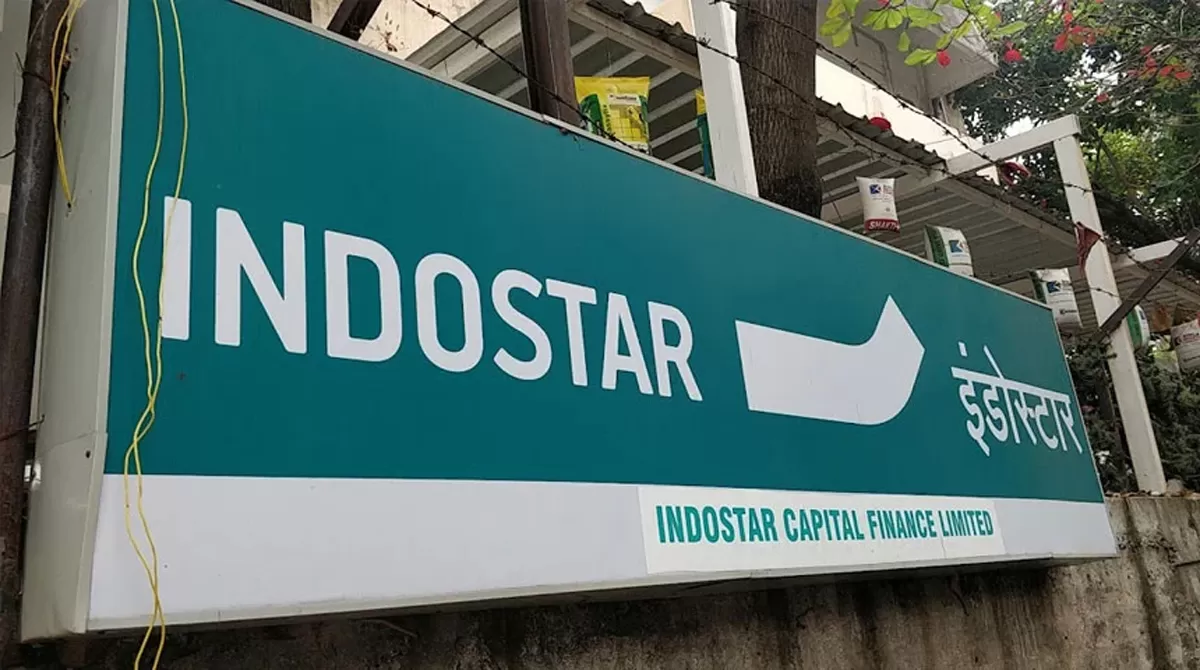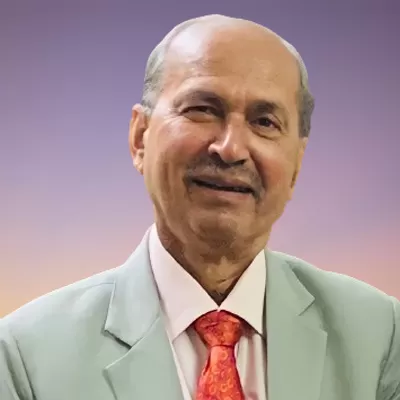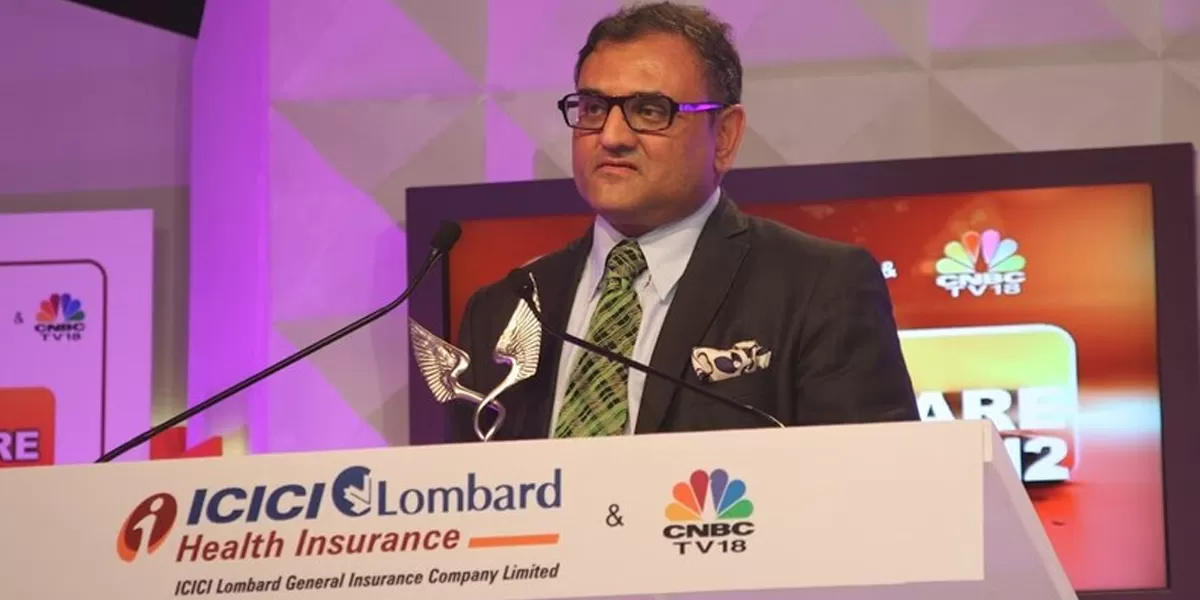- Michael Jansen, Chairman & CEO, CityZenith
An impassioned architect, urbanist, and entrepreneur, Michael Jansen is the founder Chairman and CEO of CityZenith and a smart city industry leader with numerous awards and accolades to his credit.
In April 2014, he was selected to be honored as the World Cities Summit Young Leader at the World Cities Summit in Singapore, in recognition of his contribution to the field of urban livability and sustainability. He was also recently appointed to three international task forces involved with the development of standards for cities: The ANSI Smart and Sustainable Cities Network, the INCITS JTC 1 ISO Committee on Smart Cities, and the ANSI Technical Advisory Committee to ISO on Smart Cities. Recently in Mumbai to speak at the Sm@rt Cities Summit 2014 organised by ASAPP Media Information Group, Jansen shared his views on smart ways forward for India in an exclusive talk with SHRIYAL SETHUMADHAVAN.
If you have to point to one landmark smart city globally, which one would it be and why?
For me, it´s Barcelona. It is my favourite city these days and it was our first customer. What is most striking about Barcelona is that the developers have delved into the concept of a smart city from different angles, from IT, policy and engaging citizens to entertainment, cultural perspectives and much more. They have looked at it holistically and this is one of the sole reasons why Barcelona is a success story today.
You are into architecture and planning and focus on existing cities....
As a technologist, I am very focused on existing cities because these have a lot of ready data. My goal is to spot all that data, who is using it and for what purpose. When you bring that together from different places into a single place where everybody can use it to solve specific problems, that´s what our technology does. The uniqueness of this is that there are different types of data not just machine-to-machine or open data but even social media because often all these different data types influence a situation. So you have to monitor all of them at the same time and be able to solve the problem. That´s what we are trying to do.
The Indian government is talking about 100 smart cities. What do you think is more relevant to India: Greenfield cities or retrofitting existing ones?
I will strongly encourage India to walk away from the idea of Greenfield cities. I am a huge fan of the notion of cities of tomorrow and creating new types of technologies and transportation systems and filtration and waste management systems as these are next generation. The reality is that one cannot put the effort to build new cities in places like Russia and Saudi Arabia as it takes a long time to just build a city and these have not been so successful. The characters and cultures are systems that come together to comply as a city and that takes a long time to evolve. India should build specialised satellite towns that are positioned near existing cities to help make those cities more efficient and at the same time provide an example for the development of those cities. Here, one also has to rely on resources of existing cities to be successful. All the new cities I have seen built are less populated; they are like large, vacant, real-estate projects.
The point is to see what we have and how we can make it useful. India should first try and resolve the problems of its existing cities.
What has your experience in India been like?
We have looked at a lot of projects in India such as New Delhi. We spoke to the IT secretary, chief minister of New Delhi some time ago. I see a few opportunities; one in Bengaluru and Navi Mumbai. So we have to choose something in India that is a much more data-oriented project to see how we can influence things on the ground.
Do you view the Government´s 100 smart city project and allocation of over Rs 7,000 crore for the same as the big opportunity´?
It is commercially good if the Government is allocating money to develop smart cities. One of the problems in the West is that mayors often have big plans but no money; but that is not the case in India. The Government should allocate this amount intelligently and not simply blow it on expensive infrastructure projects. For example, one of the bigger challenges today is wi-fi. We need to find a way to just connect things in the city and that is not expensive. Let us try the first step: Bengaluru has already started to implement wifi in some areas. This should be a goal for India and this will lead to an entire development of applications that will use the network to begin connecting things and solving problems. We can get to the very expensive infrastructure projects later. But once we achieve this, we will see what we really need from future infrastructure projects.
Highlight the role of ICT in retrofitting cities. What is the kind of budget India needs to allot for this?
This depends on what technologies the country chooses to deploy, whether they are sensor or network-driven, and so on. While this would be a hard question to answer right now, I would certainly focus on connectivity ensuring that people are connected. Devices can be connected, people can be connected to devices and devices to people, and with this a big ecosystem can be created. Above all, building software applications help innovate and create new pieces of hardware. This will go a long way and India is a great place to do that. In those baby steps alone, it will be a big step to transform the topography of India´s cities and then we will see where one will spend the big bucks - PPP and arrangements.
What would be your first-step approach to make an existing city smart?
Connectivity is important because this takes away all the chaos in a city. A country like India with a bigger democracy is different from China and other countries. People should be leveraged on their innovation and creativity and they should be involved in the process because, despite being a democracy, people in India in many cases tend to give up as they feel a disconnect with the Government. They feel that it is not responsive enough and there is almost a lack of trust in many ways. Once there is more trust between the Government and the people, a lot can be achieved.
Transparency could be the key?
Transparency is possible at the democracy level in India unlike other countries. So India should make democracy a strength, not a hindrance towards success.
Speaking of emerging economies, what will it take for India to be a smart country?
India needs to develop and demand compliance to usual standards across its cities. A smart country is one that learns from its own successes. In a situation where you have one city doing one thing and another city doing something else and there is no communication between cities, it is difficult to get smart.
How easy is it going to be for India to achieve its plan of 100 smart cities?
The smart village approach is the way forward. One has to consider the fact that India has 500,000 to 600,000 villages in which a large population lives and hence, solutions need to be developed for villages. Waste management plants could be created easily locally. Mobile solar units can take care of power shortage problems. They can be manufactured in one place and then delivered to any village. So you have to keep looking at these types of innovations. What India should do is select villages around the country in different conditions and experiment with these type of technologies such as mobile solar technologies, local specific waste treatment plants, and see what works. Take 10 villages first, let it fail, but go ahead because you are going to learn and you are going to be successful and take those successes and be sharing those in village after village. That is going to be the answer.


















